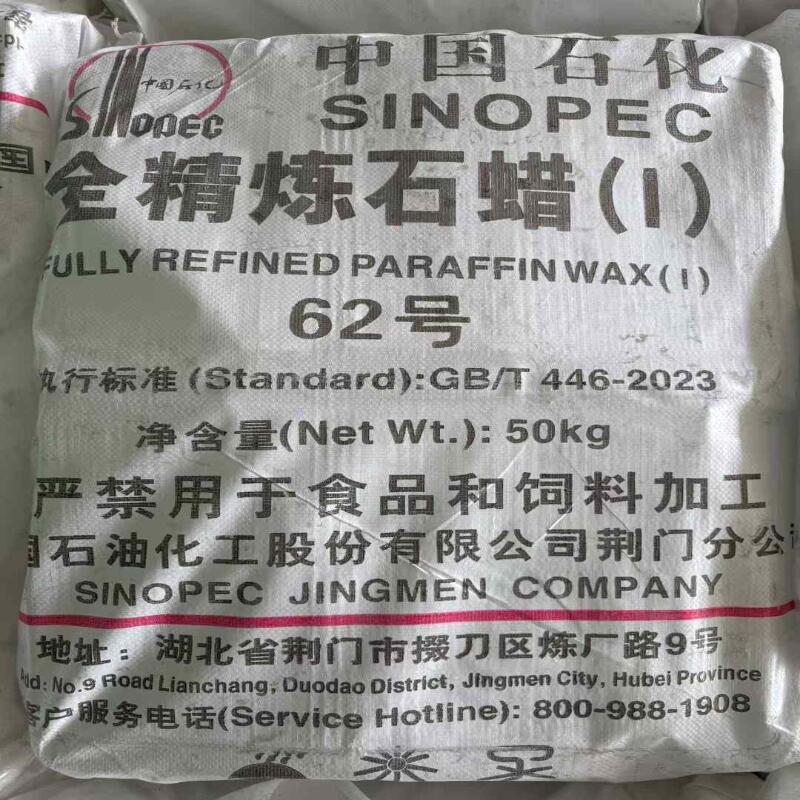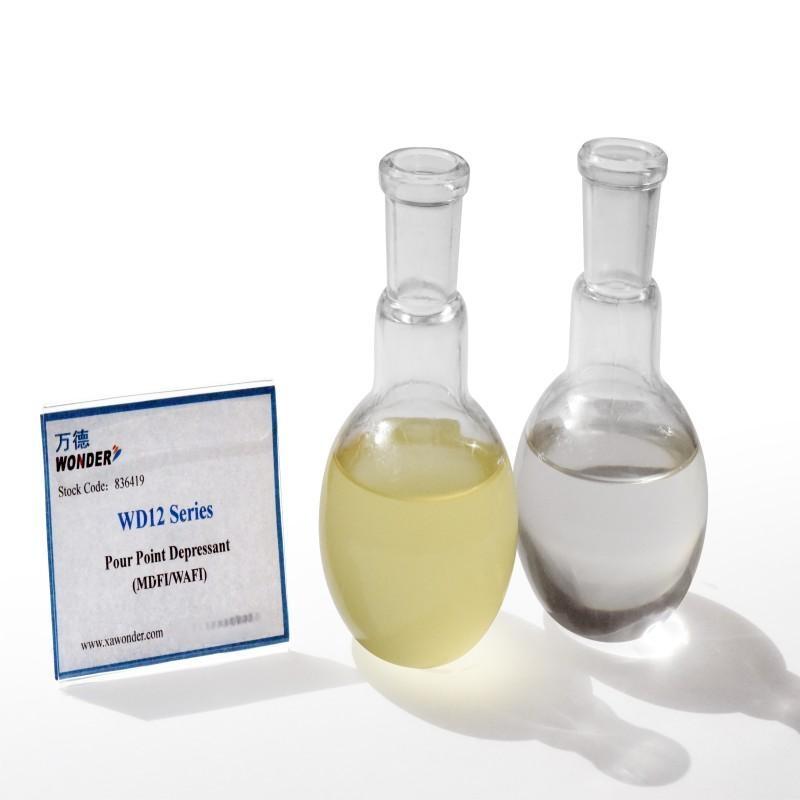-
Categories
-
Pharmaceutical Intermediates
-
Active Pharmaceutical Ingredients
-
Food Additives
- Industrial Coatings
- Agrochemicals
- Dyes and Pigments
- Surfactant
- Flavors and Fragrances
- Chemical Reagents
- Catalyst and Auxiliary
- Natural Products
- Inorganic Chemistry
-
Organic Chemistry
-
Biochemical Engineering
- Analytical Chemistry
-
Cosmetic Ingredient
- Water Treatment Chemical
-
Pharmaceutical Intermediates
Promotion
ECHEMI Mall
Wholesale
Weekly Price
Exhibition
News
-
Trade Service
Market analysts said that factors such as high inflation and weak market demand will lead to a "cold winter"
for the petrochemical industry in Europe.
Competitiveness challenges
Concerns about the outlook for natural gas supply led to soaring gas prices in Europe, with the spot price of natural gas at the Dutch Gas Center (TTF), considered a "weather vane" in Europe, reaching a record 334 euros (about 2,346.
6 yuan)/MWh in August, before prices fell
slightly.
On September 12, TTF front-month natural gas futures were at €191.
98/MWh, still three times
higher than a year ago.
Rob Ingram, CEO of INEOS Europe Olefins and Polymers North, said the European petrochemical industry has long faced a competitiveness challenge due to a lack of feedstock advantages, which is exacerbated by energy shortages in the region
.
Speaking at the recent annual meeting of the European Chemical Distributors Association in Spain, Ingram said that "we were less competitive in our European business than our global peers before the energy shortage began, let alone now.
"
European petrochemical producers are looking to maximize the use of natural gas alternatives as raw materials, especially renewable energy
.
"The great challenge for the European market is to meet these challenges while remaining competitive, and by investing in process technology, production efficiency and digitalization, the European petrochemical industry can build on its previous strengths on a positive path,"
Ingram said.
But for the European chemical industry, which cannot remain competitive in the current energy environment, there may be no choice
but to close factories.
Due to the extremely high cost of natural gas and electricity, European capacity for basic chemicals such as ammonia and chlor-alkali has been partially idle.
According to S&P Global's latest short-term analysis of European natural gas, an estimated 12 million mt/year of total ammonia production capacity in Europe of about 19 million mt/year had been partially or completely shut down
as of September 1.
The impact of external products is increased
Europe has been affected by delays and disruptions in international supply chains for the past two years, but for now, logistics problems in the region are showing signs of
abating.
But this has raised concerns about the re-emergence of arbitrage opportunities, particularly for exports from Asia and the United States to Europe, which will lead to increased
imports of petrochemicals and feedstocks from Asia and the United States in the European region.
Joshua Forber, global petrochemicals analyst at S&P Global, said this could eventually lead to the closure
of petrochemical plants and capacity in Europe that are on the brink of profit.
Globally, distribution issues are easing and will lead to more petrochemicals originally destined for Asia entering Europe
.
After a steady increase in global petrochemical capacity over the past three years, European and global petrochemical producers will face increasing competition over the next 18 months, increasing the likelihood
of capacity closures.
S&P Global said global logistics and supply chain challenges over the past three years meant that petrochemical capacity additions in Asia, the Middle East and the United States had little chance of competing with European petrochemical producers selling in Europe, as supply chain bottlenecks led to global market disconnection and import restrictions
.
According to the data, the global supply of polyethylene and polypropylene (PP) has risen from 115 million tons/year and 77 million tons/year in 2017 to the current 147 million tons/year and 99 million tons/year
, respectively.
The impact of energy shortages on European demand, as well as the impact of increased imports on supply, is emerging
.
S&P Global's latest commodities report showed that margins on naphtha-based ethylene crackers in the European petrochemical market fell sharply in
August.
High gas prices in Europe will continue to weigh on
margins in the synthetic ammonia and vinyl chloride value chains.
In addition, propane dehydrogenation (PDH) plant margins fell to zero in mid-August, a new seasonal low as propylene prices plummeted
.
Once supply chain disruptions and container bottlenecks are broken, European petrochemical margins will come under greater pressure
from U.
S.
and Asian imports.
Chemical producers find ways to meet the challenges
In January~August 2022, industrial natural gas demand in Western Europe decreased by 13% compared with the 5-year average, and demand in August alone decreased by 27%
compared with the 5-year average.
The refining and chemical sectors are driving down natural gas demand, according to industrial gas demand data from Spain and the Netherlands, and demand from other gas-intensive sectors such as textiles, paper and metals has also fallen
sharply in recent months.
Dow CEO Jim Fittling said at a second-quarter earnings release, "Some of our petrochemical plants in Europe have reduced their use of
natural gas.
Energy costs in Europe are currently high and as winter approaches, possible gas restrictions by the German government must be considered
.
" Germany is where Dow Chemical should keep a close eye on the company, which has reduced its use of
natural gas at its site in Bologne, Germany.
Firtling said the company will continue to look for other sourcing options and improve its ability
to access low-cost energy and feedstock globally.
Firtling also mentioned the recently announced plans to build a new permanent liquefied natural gas (LNG) import facility in Stad, Germany, which will help the German government meet up to 15% of natural gas demand
.
"The LNG import facility's import capacity is about 25 percent
of the LNG exports committed by the United States to help the EU," Fitlin noted.
This will increase the energy and feedstock flexibility of the Stadt Dow chemical production site"
.
The import terminal is expected to be completed and put into use
in 2026.
In response to rising gas and electricity prices in Europe, S&P Global said, LyondellBassel imposed an energy surcharge on PP, high-density polyethylene (HDPE) and low-density polyethylene (LDPE) sold in Europe
in early September.
LyondellBassel is Europe's largest producer of HDPE and PP and the third largest producer of
LDPE.
The surcharge in September totalled Eur160/mt and will be automatically increased or decreased
in the coming months according to the German average monthly electricity price.
The company's actions come after two other major polymer producers in Europe imposed similar surcharges, exacerbated by the pessimistic polymer outlook at the onset of winter
, exacerbated by possible gas rationing and the resulting energy shortages.
S&P Global said that other producers have introduced an energy surcharge of 50~70 euros per tonne
.
Energy-intensive products such as LDPE and linear low-density polyethylene (LLDPE) are more affected by
rising energy costs, the sources said.







